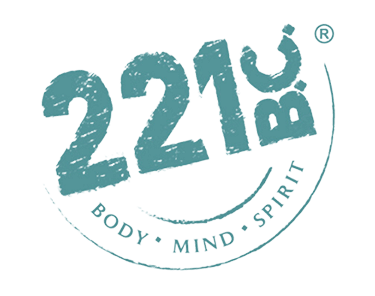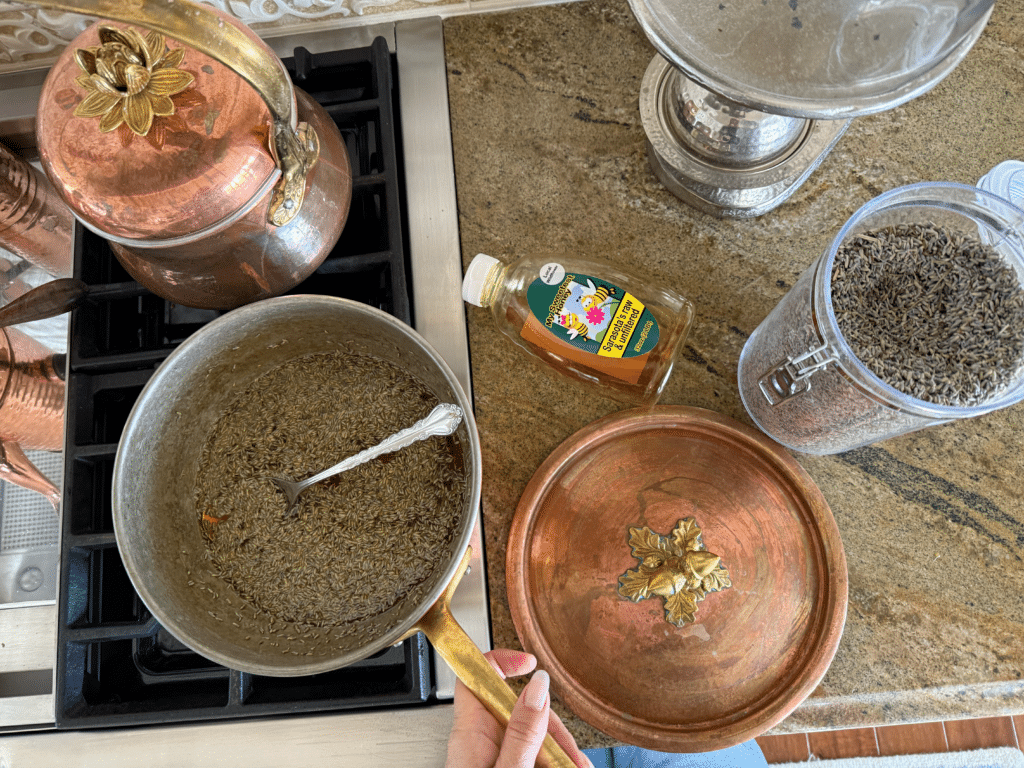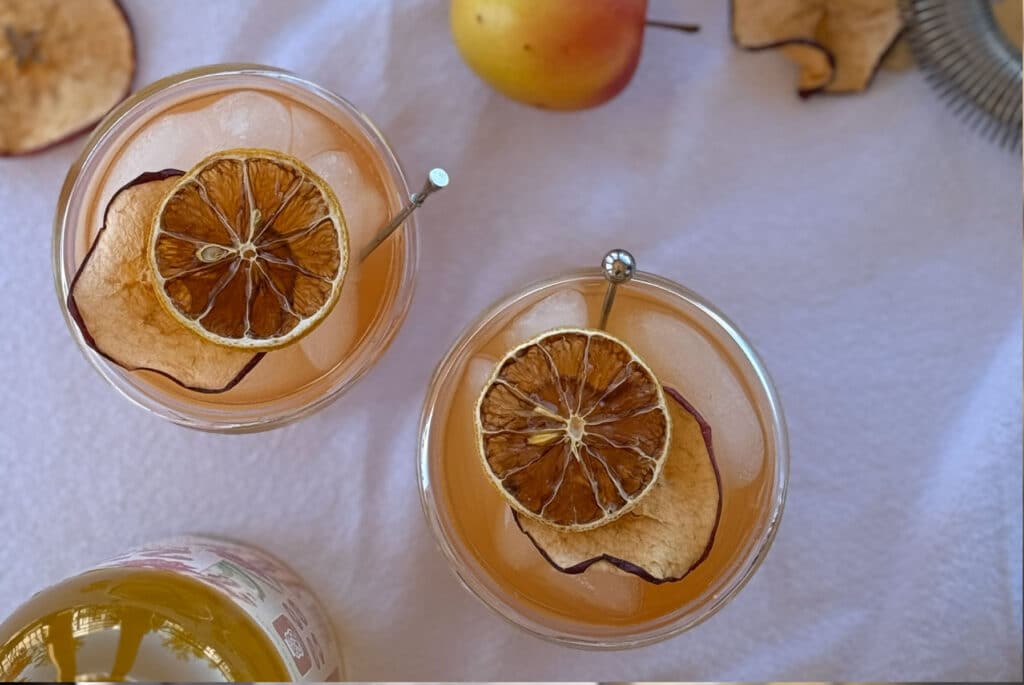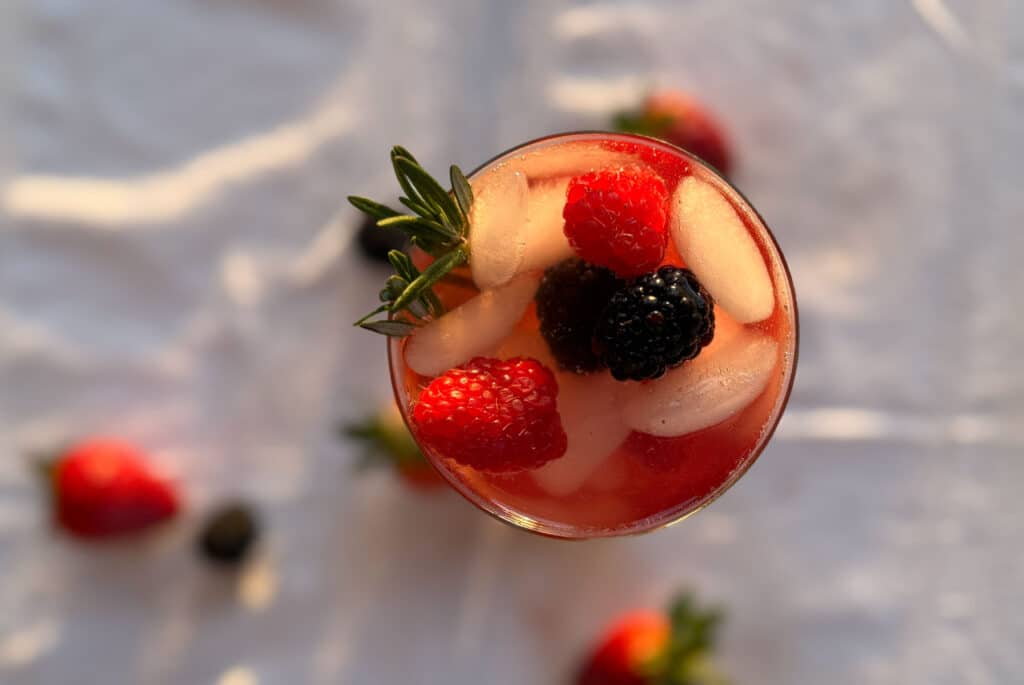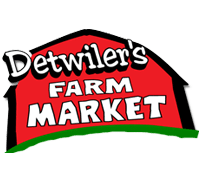What’s in a Label? More Than You Might Realize
These days, it feels like everything—from cereal to sparkling water—is labeled “probiotic.”
And if you’re reaching for kombucha, you’re probably looking for something living—something that supports gut heath balance, energy, or simply feels good to drink.
But here’s what many people don’t realize:
“Probiotic” and “live cultures” are not the same thing.
How your kombucha is made—whether it’s naturally fermented or “fortified” after the fact—makes all the difference.
Live Cultures Are Like a Village. Probiotics? Think the Superstore.
To understand the difference, it helps to step outside the lab and into daily life.
Imagine a small town. There’s a baker, a gardener, a tailor, and a herbalist. Each one plays a role, and together they create a strong, balanced community. When something breaks, someone nearby knows how to fix it. When storms come, neighbors check on one another. The village hums because everyone participates.
That’s what live cultures are—naturally formed communities of yeast and bacteria that grow together during traditional fermentation. No one dominates. They work in harmony and protect one another.
Now imagine a bright, efficient superstore that moves in.
It doesn’t attack the little shops; it simply makes them seem unnecessary. Everything you need is packaged, standardized, and ready. The town still exists, but the rhythm of cooperation begins to fade.
That’s what happens when a finished, living kombucha is sprinkled with lab-grown, soil based probiotics. The brew is still alive, but the added strains don’t join the culture that made it.They were raised elsewhere—built to survive “shipping”, not to take part in fermentation. They wake for a brief moment, do a but of clean up, and are politely escorted out by the body after their short visit—guests, not residents.
And the more we rely on these quick arrivals, the more we forget how to tend the village ourselves. Each shortcut makes the superstore a little bigger, and the town a little quieter.
Nature Thrives on Relationship, Not Numbers
In nature, balance comes from diversity. Different microbes work like neighbors—each doing their part, each responding to changes before they spread. That’s what keeps traditional kombucha stable and resilient. Modern food science often isolates one strain and amplifies it.
But nature builds harmony through relationship and cooperation, not endless repetition.
But Is Kombucha a Probiotic Beverage?
That depends on how you define it. Regulators such as the FDA in the U.S. and the EFSA in Europe reserve the word “probiotic” for specific, well-characterized strains studied in clinical trials and proven to provide benefits at known doses.
Traditional kombucha doesn’t fit that narrow box.
It contains a wide, evolving mix of living microorganisms—not isolated, standardized strains. Its strength comes not from one star player but from the orchestra.
Why We Don’t List “Probiotic Counts” on Our Bottles
At Kombucha 221BC, we don’t add lab-grown spore bacteria to make our drinks sound more alive. We grow a full, living culture—naturally. That culture adapts with the season, the air, and the humidity. No two batches are exactly alike, and that’s a good thing. Because of that, you won’t see “CFU counts” on our label.You can’t quantify nature like you quantify a supplement.
But you can taste it, feel it, and see it move.
Real Kombucha Is Alive—and It Shows
Our kombucha contains the very live cultures we’ve been talking about—raw, traditional, and unpasteurized. It’s never filtered to sterility or stripped of what makes it special. Each bottle carries the imprint of the full fermentation process: dynamic, diverse, and very much alive. It may look different from batch to batch. You might see strands or a bit of cloudiness form.
That’s not a flaw—it’s a sign of life.
The Bottom Line: In a World of Superstores, We Still Choose the Village
In an age of lab-made “wellness,” we choose something older, wilder, and more intelligent than anything a single strain can offer. We choose nature and tradition.
At Kombucha 221BC, we don’t manufacture life. We let it grow the way it always has—within the village of living cultures that still know how to work together.
